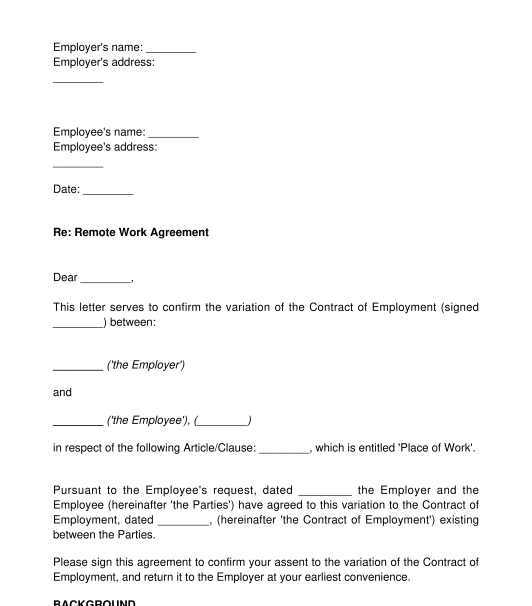Exploring the Basics of Quitclaim Deeds
In the realm of real estate transactions, understanding the nuances of various deed types is crucial. Among these, the quitclaim deed stands out as a unique instrument with specific implications and applications. Let’s delve into the basics of quitclaim deeds to gain a comprehensive understanding of their role in real estate.
What is a Quitclaim Deed?
A quitclaim deed is a legal document used to transfer interest in real property from one party to another. Unlike warranty deeds, which guarantee clear title and provide certain assurances to the buyer, quitclaim deeds offer no such warranties. Instead, they simply transfer whatever interest the grantor (seller) may have in the property to the grantee (buyer), without making any promises about the title’s validity or encumbrances.
When are Quitclaim Deeds Used?
Quitclaim deeds are commonly used in situations where the transfer of property ownership is straightforward and there is little concern about the title’s status. For example, they may be used to transfer property between family members, as gifts, or to clear up clouds on title, such as disputed claims or minor defects. However, it’s essential to note that quitclaim deeds are not suitable for all real estate transactions, particularly those involving substantial financial investments or when clear title is paramount.
Understanding the Limitations of Quitclaim Deeds
While quitclaim deeds offer a relatively simple and expedient means of transferring property, they do have limitations. Since they provide no warranties or guarantees about the title’s validity, the buyer assumes all risks associated with the property’s ownership. This means that if any undisclosed liens, encumbrances, or defects in title emerge after the transfer, the buyer has no legal recourse against the seller. As such, it’s essential for buyers to conduct thorough due diligence before accepting a property via quitclaim deed.
The Importance of Due Diligence
Due diligence plays a crucial role in real estate transactions involving quitclaim deeds. Buyers must conduct thorough research to uncover any potential issues or encumbrances associated with the property, such as outstanding liens, easements, or boundary disputes. Additionally, buyers should consider obtaining title insurance to protect themselves against any unforeseen title defects that may arise after the transfer. By investing time and effort into due diligence, buyers can mitigate risks and make informed decisions about accepting property via quitclaim deed.
Key Considerations for Sellers
While quitclaim deeds are commonly used to transfer property, sellers should carefully consider the implications of using this type of deed. By conveying property via quitclaim deed, sellers effectively relinquish any interest they may have in the property without providing any assurances about the title’s validity. As such, sellers should ensure that they have a clear understanding of their property’s status and disclose any known issues to the buyer before completing the transfer.
Conclusion
In conclusion, quitclaim deeds play a significant role in real estate transactions, offering a straightforward means of transferring property ownership. However, it’s essential for both buyers and sellers to understand the implications and limitations of using quitclaim deeds. Buyers should conduct thorough due diligence to uncover any potential title issues, while sellers should carefully consider the ramifications of conveying property via quitclaim deed. By navigating these considerations thoughtfully, parties can execute real estate transactions involving quitclaim deeds with confidence and clarity. Read more about quitclaim deed in real estate



